For many women, having a baby is a thrilling experience. But many new mothers experience an emotion that is not so cheerful. Those moms become overwhelmed with a sense that their babies don’t love them, causing anxiety, sadness, and doubt.
If your baby doesn’t seem to miss you or want you to hold them, you might feel they don’t like you. In some cases, it could be an issue called Reactive Attachment Disorder. This condition occurs when a baby misses the critical early bonding time with their mother or caregivers. But in other cases, it could be that you’re feeling anxious or doubtful, misinterpreting your baby’s behavior.
If you feel as if your baby doesn’t like you, it’s essential to know the potential reasons. When you better understand your feelings and the situation, you’ll see what you need to do to work through it.
Can Babies reject their Mothers?
It’s not typical for a baby to reject its mother unless the mother neglects to care for the baby. In this situation, your baby could develop a condition known as Reactive Attachment Disorder (RAD). But, sometimes, it might seem like your baby doesn’t like you because of how you interpret their behaviors.
It’s important to remember your baby isn’t capable of forming an opinion of you as an older child or adult would. If you feel like your baby is rejecting you, it’s not because they don’t like you. But, it could be because they don’t know you.
What is Reactive Attachment Disorder?
According to WebMD, Reactive Attachment Disorder potentially develops when a baby misses out on early bonding time with their primary caregivers. These caregivers are typically the baby’s parents. The condition usually develops in children under five years of age.
Typically, during the first few months of life, a baby develops a bond with their parents, especially their mothers. This bond strengthens through soothing your infant, regular care, love, talking to your baby, holding them, etc.
However, in situations where this care is not present and there is negligence, this bond cannot form. Therefore, the baby cannot develop as it would with essential care and attention.
Older children, teens, and adults can all show various signs of Reactive Attachment Disorder, with symptoms changing as the person ages. If you catch attachment disorders early on, you can often correct them. However, if left unchecked, babies with attachment disorders will continue to have problems as they grow.
People with attachment disorders struggle to develop emotional connections or handle new situations. They can also typically exhibit behavior issues and communication struggles.
In some cases, children with RAD can go in the opposite direction. Instead of not wanting to connect, they excessively seek attention. It is their way of making up for the attention they missed out on as an infant.
Four Reasons you think your Baby doesn’t love you
- Your baby doesn’t miss you.
- Your baby doesn’t want you to hold them.
- You feel like your baby doesn’t know you.
- Your baby seems to prefer others.
What if you were there every second of your baby’s life? From day one, you held your baby, played and sang to your infant, and met their every need. Yet, you still get an overwhelming sense that your baby doesn’t love you.
You’re not alone. Many moms feel this doubt, and it’s often because of the following reasons.
1. My Baby doesn’t miss me
You feel like your baby doesn’t miss you when you are away. You return home eager to see your baby when you leave, whether a quick jaunt to the store or a full work day. However, your baby doesn’t seem as happy to see you as you are.
2. My Baby doesn’t want me to hold them
Another reason you might feel like your baby doesn’t like you is that they resist you holding them. When your baby doesn’t want you to hold them, it can make you feel like they don’t love you.
3. My Baby acts like they don’t know me
Do you sometimes feel your baby doesn’t know who you are? Perhaps they cry when you enter the room. Or they don’t seem to show any acknowledgment or excitement when they see you. It’s easy for a mom to think their baby doesn’t love them when their infant doesn’t even appear to recognize them.
4. My Baby seems to like Others more than me
If your baby gets super excited when they see your partner, grandparent, or sibling, it’s natural for you to hope for the same response. However, if your baby is less interested in you than the other people in their life, it can cause feelings of doubt. You can start to think; maybe my baby doesn’t love me.
What can you do if you think your Baby doesn’t like you?
Your first step is to speak with your doctor and your pediatrician. If medical professionals suspect something like RAD might be at play, they will likely refer you to a psychologist. Treatment for RAD often focuses on the primary caregiver or caregivers. You might also need to attend parenting classes.
However, what if it’s not something as serious as RAD? You’ve been with your baby from day one, ensuring they get all the love and attention possible. So, why do they seem like they don’t like you?
You might be misreading your Baby’s Behavior
You’re likely misinterpreting your baby’s actions and responses. This is especially the case for moms since, typically, moms are home with their newborns the most.
When your partner or someone new comes home, your baby is excited to see someone new. Maybe they’re crying more with you because they know you can fix whatever is bothering them. They’re saying, “Hey, mom! You know what to do! Come help me!”
Also, because you’re spending lots of time with your new bundle of joy, you’re likely exhausted and maybe a little grumpy. These emotions can trigger certain feelings in your baby. They can also make you assume the worst if your baby negatively responds to you.
Ask for help if you think your Baby doesn’t love you
Try not to take it to heart if you feel like your baby doesn’t love you. Instead, talk about your feelings with your healthcare provider. They can help you come up with coping strategies and steps you can take to adjust your way of thinking.
It’s also important to be open with your doctors in case something deeper is at play, like postpartum depression. According to the Mayo Clinic, postpartum depression can make it difficult to bond with your baby.
Never try to ignore your feelings or concerns. Always recognize your emotions, and talk with someone who can help you healthily work through them.
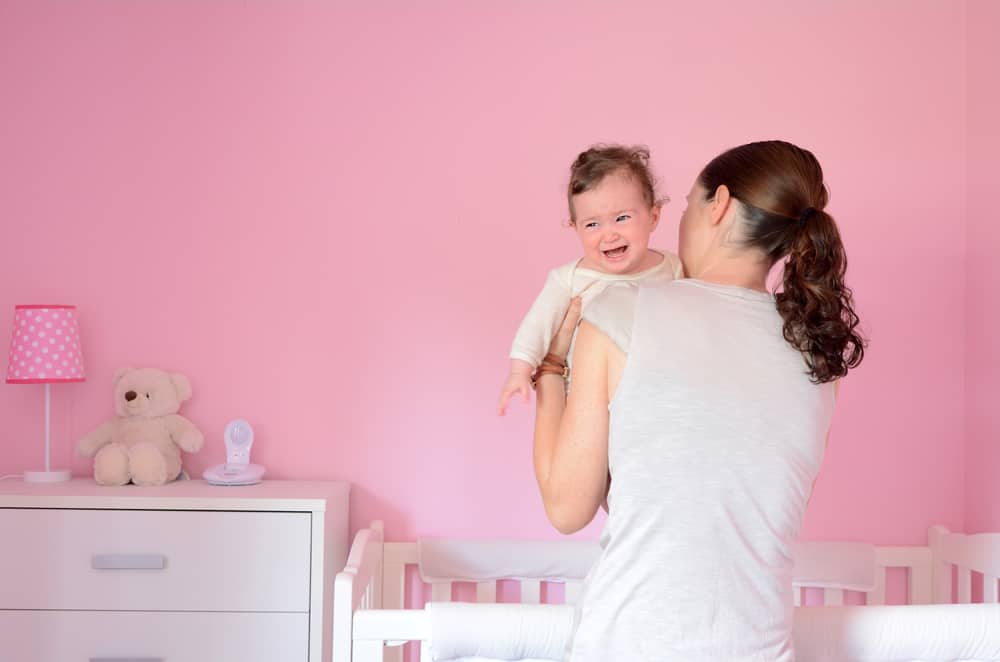
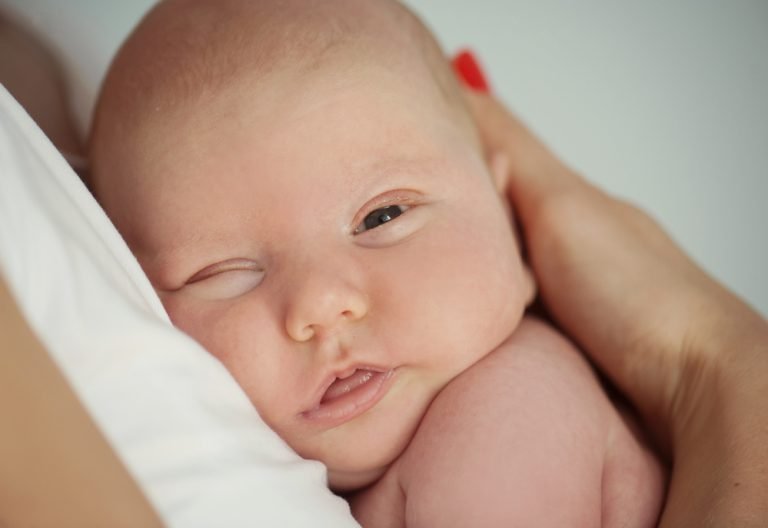
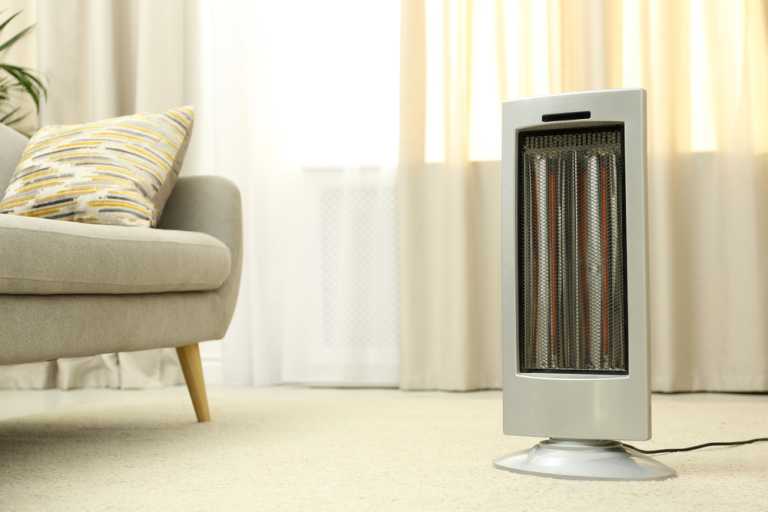
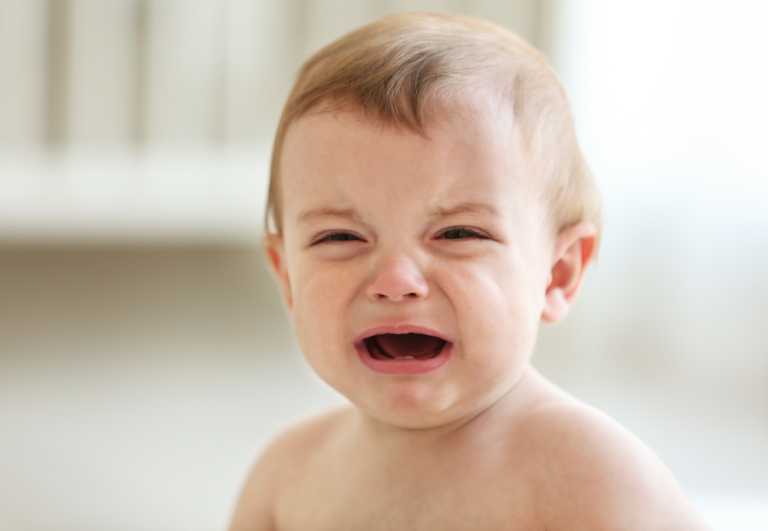
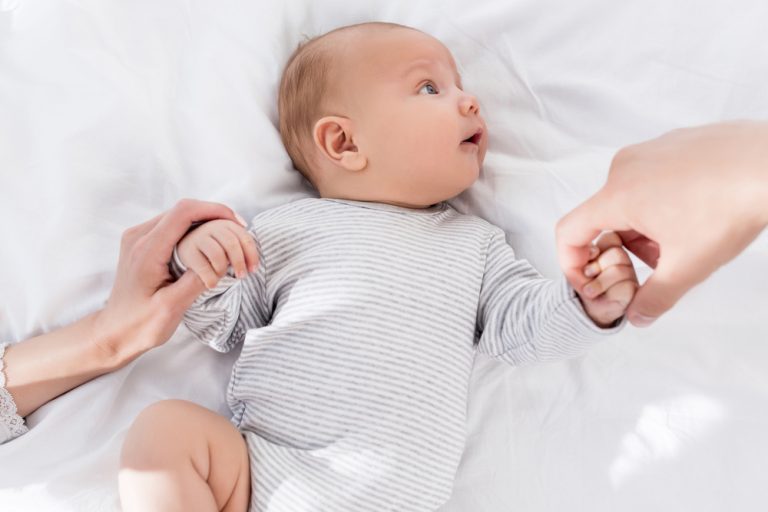
This article annoyed me. I read it hoping it would address all of the ‘common reasons for doubting whether your baby loves you’ but it didn’t. A better written article would give evidence of why these doubts aren’t founded and translate baby behaviour.
If you are reading this article because you are anxious/ upset that your child appears to be rejecting you, Know that 1) you are not alone 2) this article is unhelpful at best. If you are concerned enough to look up an article on why your baby may be rejecting you there is an incredibly high chance that neglecting your child early in life is not the cause. I hope the moms reading this don’t internalize this message and that we can normalize this feeling of rejection which happens to many mothers and fathers who are securely attached to their babies/children. Many families have dealt with this and come out the other side.
My take always from my own experience and research: Rejection hurts, your baby loves you, (though they are not communicating it in the way we think they should), and Many other people and articles promote refocussing on having fun and loving them unconditionally, which is an ultimate act of love in the face of your own feeling of rejection. You got this, you are loved and valued, and we’re in this together.
Your last sentence, I needed that .. thank you
Thank you so much. I needed your response. This article had me spiraling and definitely made my anxiety worse, but your response is so comforting and hopeful.
What if your mother doesn’t love you!
This made me weep. Thank you.